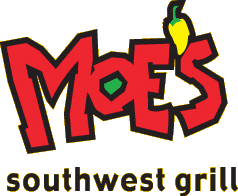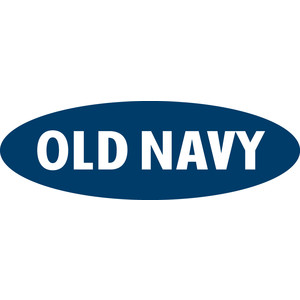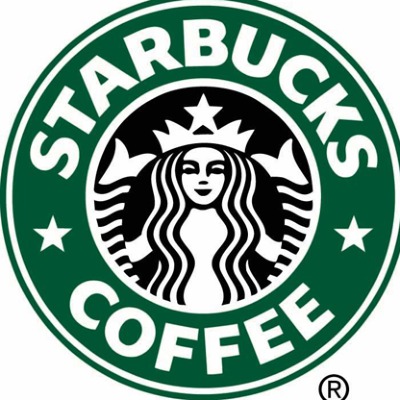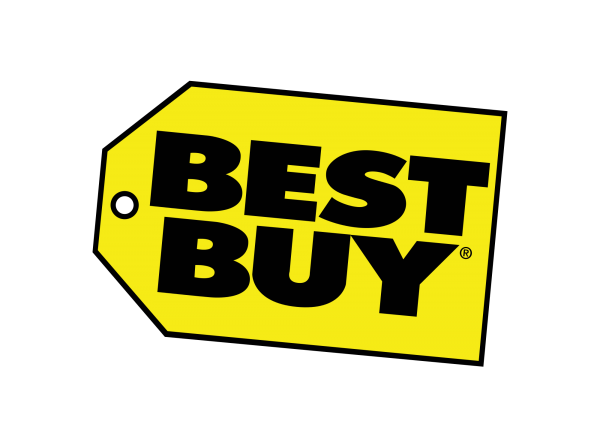Are you a Quiet Speculation member?
If not, now is a perfect time to join up! Our powerful tools, breaking-news analysis, and exclusive Discord channel will make sure you stay up to date and ahead of the curve.
Welcome back, readers!
The most successful business owners are always looking for ways to improve how they do things. However, there's no need to reinvent the wheel, and there are plenty of good core practices that are universal. Today's article will discuss these "best business practices."
You can learn these practices from your competitors, from similar businesses, or even from businesses in entirely different markets. Applying the basics is key to strengthening and growing your business.
In Part 1 today, I'll discuss some tried-and-tested practices employed by several notable large companies. These practices aren't limited to any specific market, and they can be adopted by any business, including a hobby or gaming store.
Customer Focus
Greeting Customers
Moe's is a fast food restaurant that builds various southwestern dishes (namely burritos) to order. The food is delicious, but the real reason they're on here is their practice of greeting every single customer by yelling out, "Welcome to Moe's!"
Every staff member is expected to do this. It makes the customers feel appreciated and lets them know they aren't "just another person."
For a business, every single customer is important. Competition is fierce and each person who walks into your store is actively choosing you over one of your competitors. Show them appreciation for doing so, and you encourage them to return.
Prioritizing Customer Assistance
Old Navy is a huge chain of low-priced clothing. My girlfriend used to work there, and she informed me their company policy is if you see a customer who needs help, you stop what you're doing immediately to assist them. (Although I'm 99% sure that doesn't apply if you're already assisting a different customer.)
The point is that while the employees have a lot of other jobs (folding clothes, organizing clothes, setting up displays, etc.), the company acknowledges that assisting customers is their number one priority. They actively make sure their employees are aware of this fact and follow through on its application.
The Customer Is Always Right
I realize this idiom is repeated so often it might seem almost meaningless, but it's only repeated because making the customer feel wrong or dumb is one of the easiest ways to guarantee they won't be returning.
While the previous two companies may be more known in the U.S., Apple is a worldwide entity known by most of the Earth's population. What people may not know is that employees are strictly directed not to correct customers on the little stuff.
There's no product called the "iTouch," but if a customer refers to their iPod Touch as an "iTouch," the Apple Genius (what their employees are called) is specifically directed not to correct them.
While this may seem minor, just imagine what it feels like from the customer's side. If you've been referring to your iPod Touch as an iTouch to all your friends and family, learning you've been wrong the whole time will leave you feeling dumb---and likely trying to make your way to the exit as quickly as possible.
Customer Appreciation Events
Belk is a clothing store found predominantly in southern U.S. shopping malls. They are known for having great customer appreciation sales. They definitely didn't pioneer this idea (you can find these types of sales across retail, automotive, and many other industries), but what sets Belk's apart is its fundamental simplicity.
Their customer appreciation sale doesn't set limits on how much or what you can buy. If you pay with your Belk credit card, you get a blanket discount across the board. This approach eliminates the confusion customers can face when trying to decipher the often cryptic limitations posted in the fine print of sales advertisements.
It also makes it easier for sales associates. They don't have to worry about informing a customer that the particular item they were searching for all morning, which they finally found in their size on a different rack, is in fact not included on the sale---and watching the excitement recede from their face.
Dependability
Product Dependability
McDonald's is known for the dependability of their product. I've had a Big Mac in Ohio, in New York, in South Carolina, and in Changzhou (China). They all tasted exactly the same.
The quality of that taste itself may be up for debate, but the point is they have mastered the art of dependability when it comes to their food. This is a huge factor behind their success.
When a potential customer has a hankering for one of their items, they don't want to drive to a specific store to get it, they want to drive to the nearest one. When your customers can depend on you to have (or get them) something, they are more likely to return over and over again.
Service Dependability
Starbucks is known for incredible service. I'm not even a coffee drinker and I'm aware of it. When you go to Starbucks to get your coffee, the barista will say hello, ask you about your day, and/or make small talk to make you feel welcome. This is the case whether you go to a Starbucks in Seattle, London, Paris, Budapest, Istanbul, New Delhi or Hong Kong.
Dependable service is a huge boon for a business and it's what keeps many customers coming back. After all, you can get a good cup of coffee at numerous places---what you're really paying for at Starbucks is the dependability (both in service and in product.)
Competitiveness
Price Matching
Best Buy is one of the U.S.'s largest retailers of consumer electronics. They have a "Price Match Guarantee," which states they will not be beat on price by key local and online competitors, including Amazon, Newegg, and Tigerdirect.com.
This means if Best Buy has something I really want, but it's cheaper on Amazon, they'll give me the same price (and thus I can get it immediately without paying for shipping). This is obviously awesome for customers.
This may take away some profit margin, and a key aspect for Best Buy is how their buying power lets them get the best rate possible on all their wares.
Small game stores may not have this luxury, but that doesn't mean they shouldn't try. If you read Best Buy's Price Match Guarantee carefully, you'll notice they don't promise to match any price from anywhere, only from the places they deem as true competition. A similarly limited approach could be of service to a smaller outlet.
In this day and age, every Magic store is in direct competition with every other one. Many players have limited incomes, and a love for a game that seems to get more expensive by the day, so price is a huge factor in their decision making.
This is compounded by a highly-standardized, non-unique product. To many players a card is a card, whether they get it from their favorite LGS, eBay or TCG Player. And the simplicity of Magic cards means there's little concern about warranty or life cycle.
Online retailers don't have the same costs associated with running a brick-and-mortar store, but this doesn't mean you can ignore the market willy-nilly just because of your overhead. You're better off charging competitive prices and focusing on what you can offer that online competition can't---tournaments and a place to play.
The key to price matching is to ensure each transaction still nets a profit. You obviously don't want to price match a store that's selling cards for less than you paid (although this might represent an opportunity to just buy out their copies). But in the end, selling a card at a $1 profit is preferable to not selling at a $4 profit.
Conclusions
Magic: The Gathering continues to grow, both in the playerbase and in profits for WoTC, which inevitably leads to tougher competition in the secondary market. Businesses that rely on the game as a major portion of their profits will need to keep up.
The stores that adapt will survive and thrive; the ones that don't will go under. Applying some of the basic principles covered in this article may indeed be the difference between continued success and disaster.












The little things do matter. I’ve found that customers appreciate you knowing their name as well. This may be hard, it definitely is for me, but knowing the people who frequent your store helps create a good relationship with them. I have even had some customers not come back for a while because I forgot their name. That may not be the case the majority of the time, but it does happen. Everything you can do to make the experience better will improve your business, especially these little things you’ve outlined in your article.
Answer the phone professionally also. It matters.
That’s an excellent point. When I work on part 2, I’ll definitely bring up “professionalism” as a category. I also agree that knowing your customers first name is a huge boon to business as it helps the customer feel appreciated (and remembered).
When I go to purchase cards, I will pay the extra few dollars if there is really good customer service and professionalism. It’s why I deal with SCG more often than people would normally, their customer service is A+. I especially use their site for pre-orders.
The same is said for when I sell cards, if there’s an issue there’s no hesitation to try and rectify that issue. I’m not going to give customers the run-around, and I wouldn’t want it done to me.
Same here…customer satisfaction has a LOT of hidden value that some store’s really don’t understand.